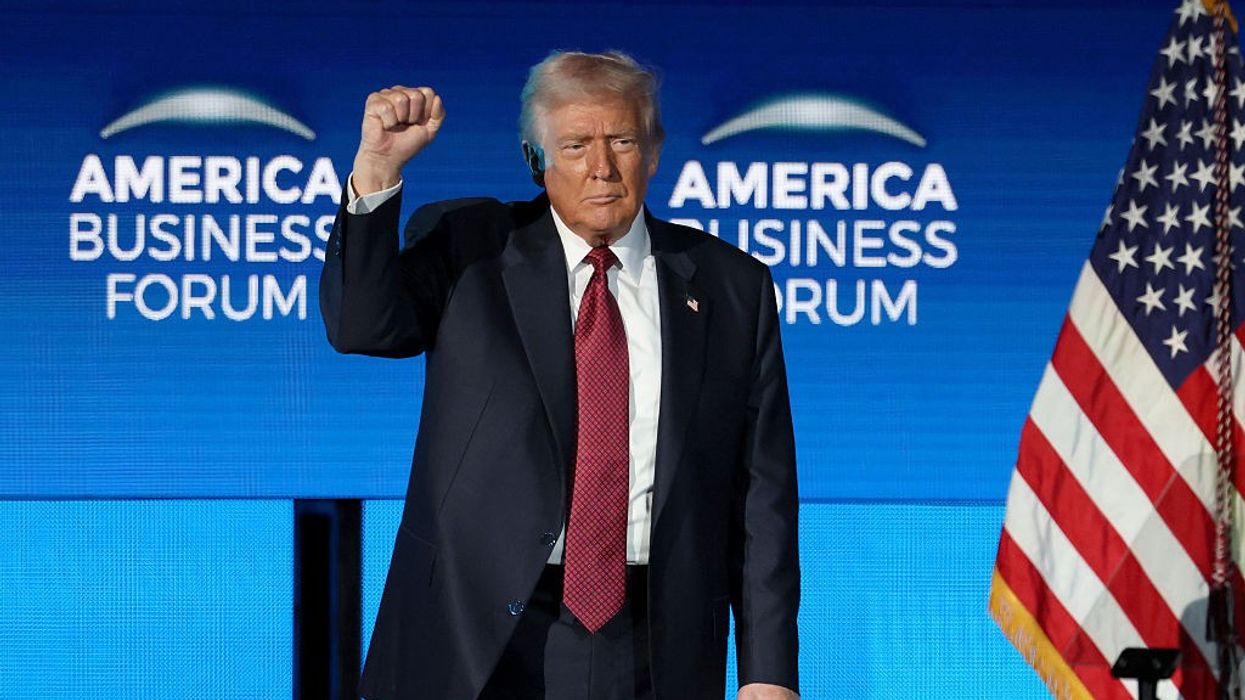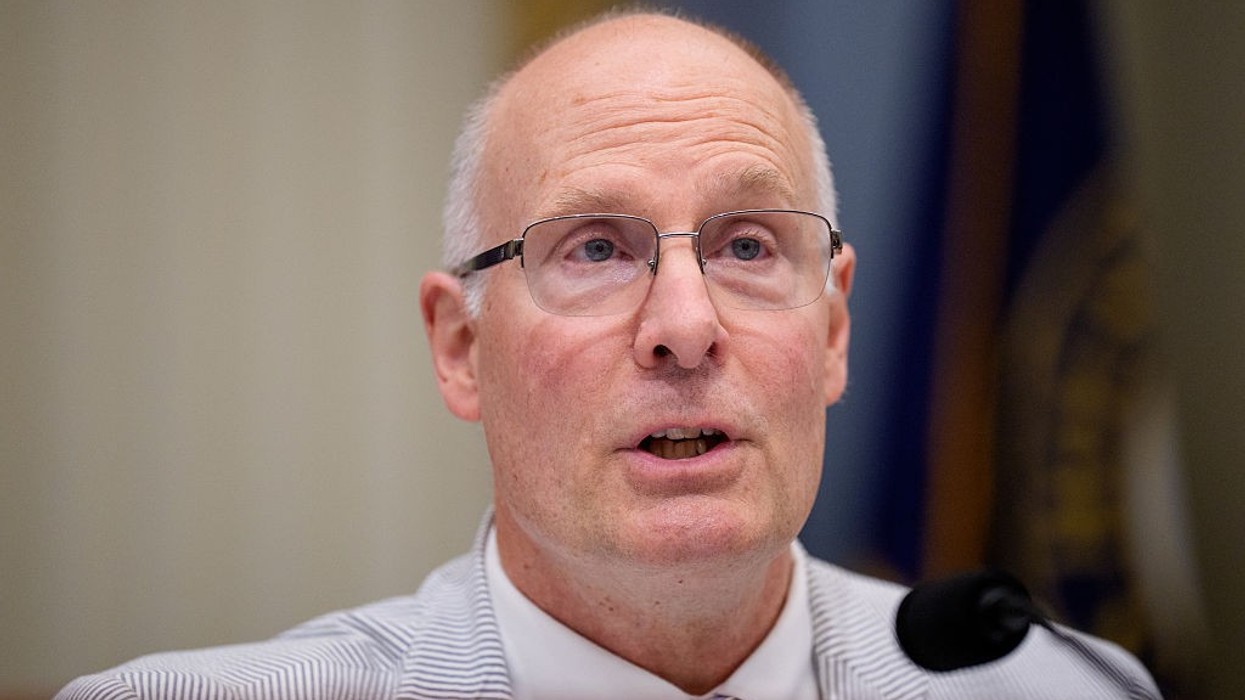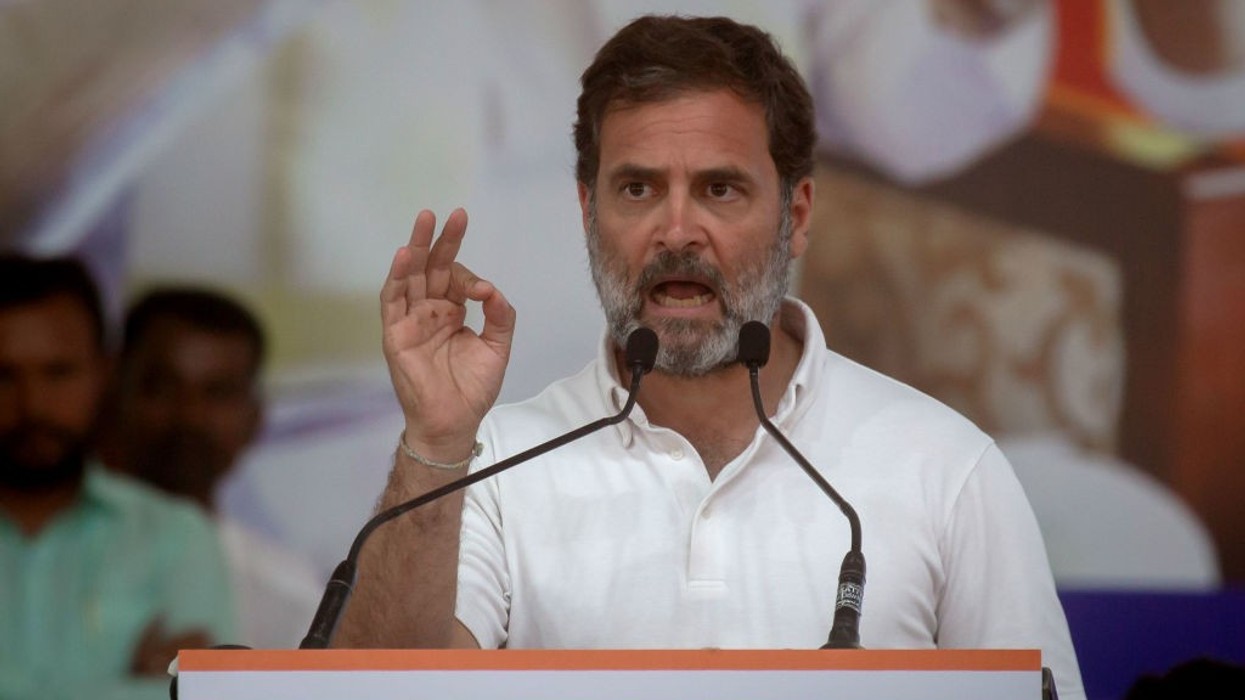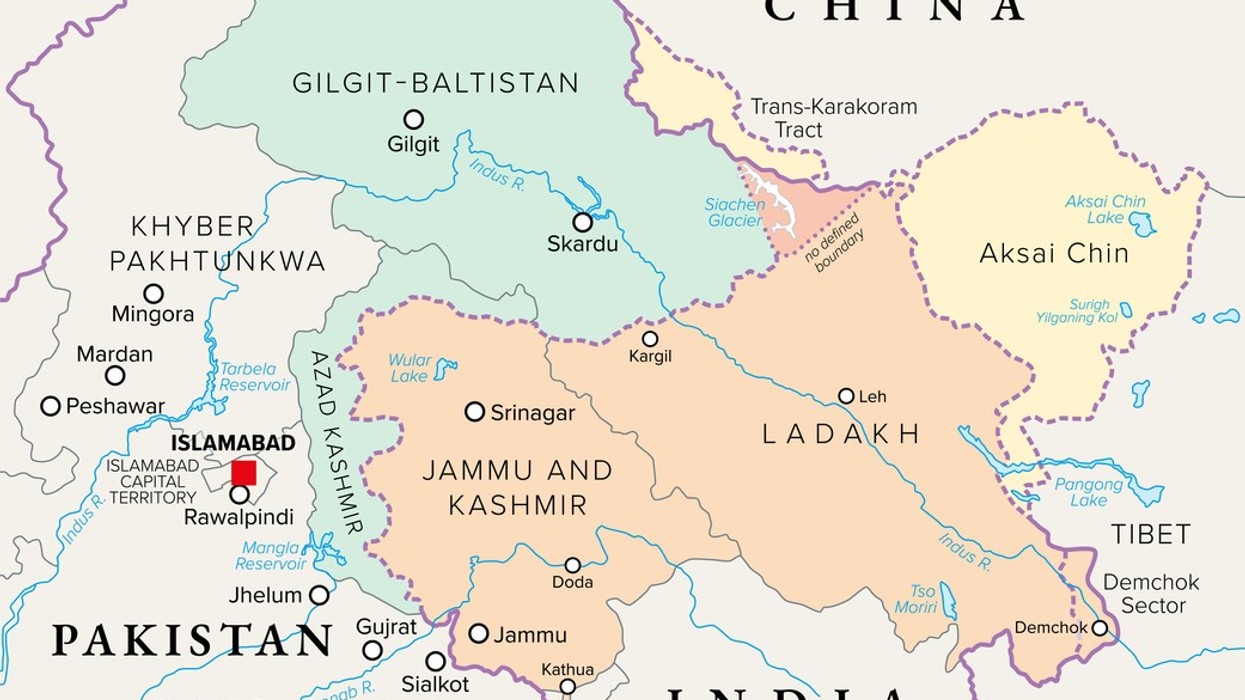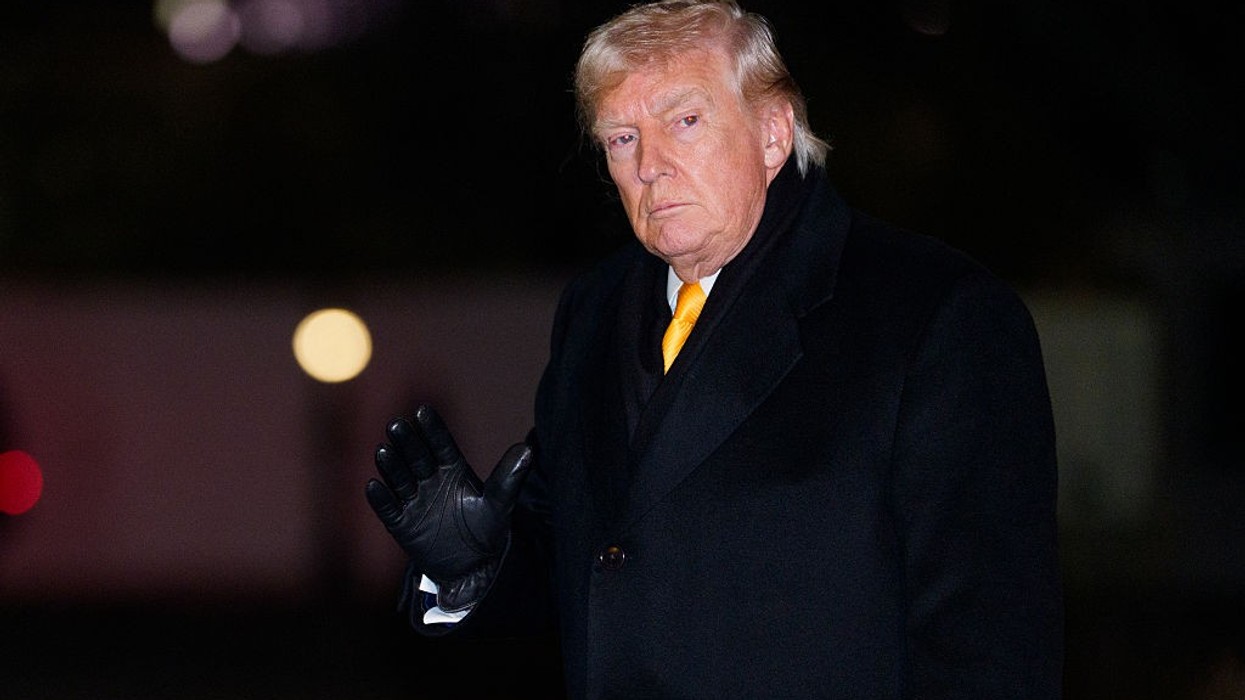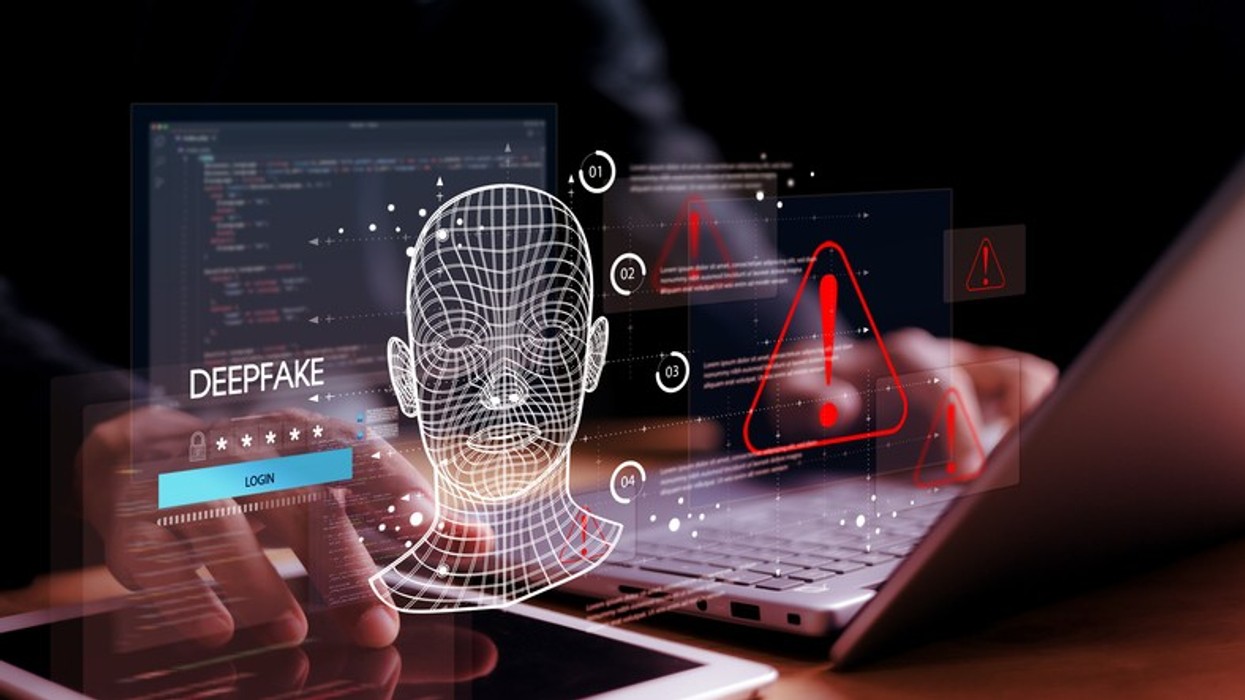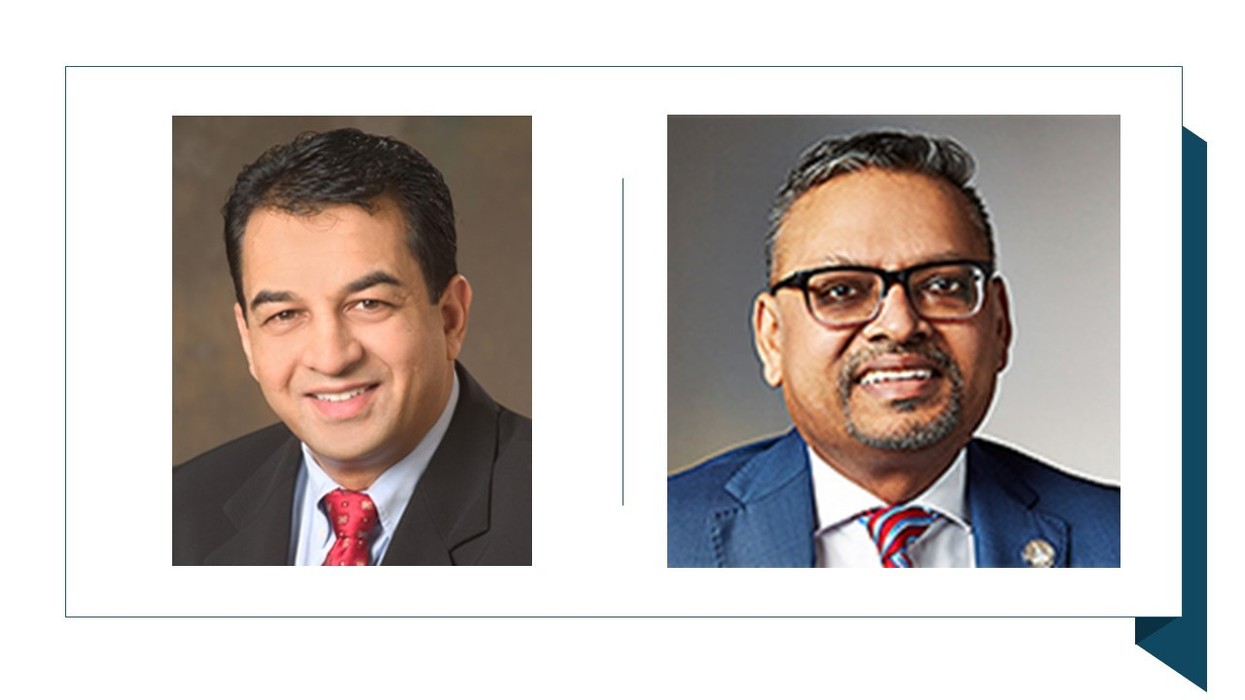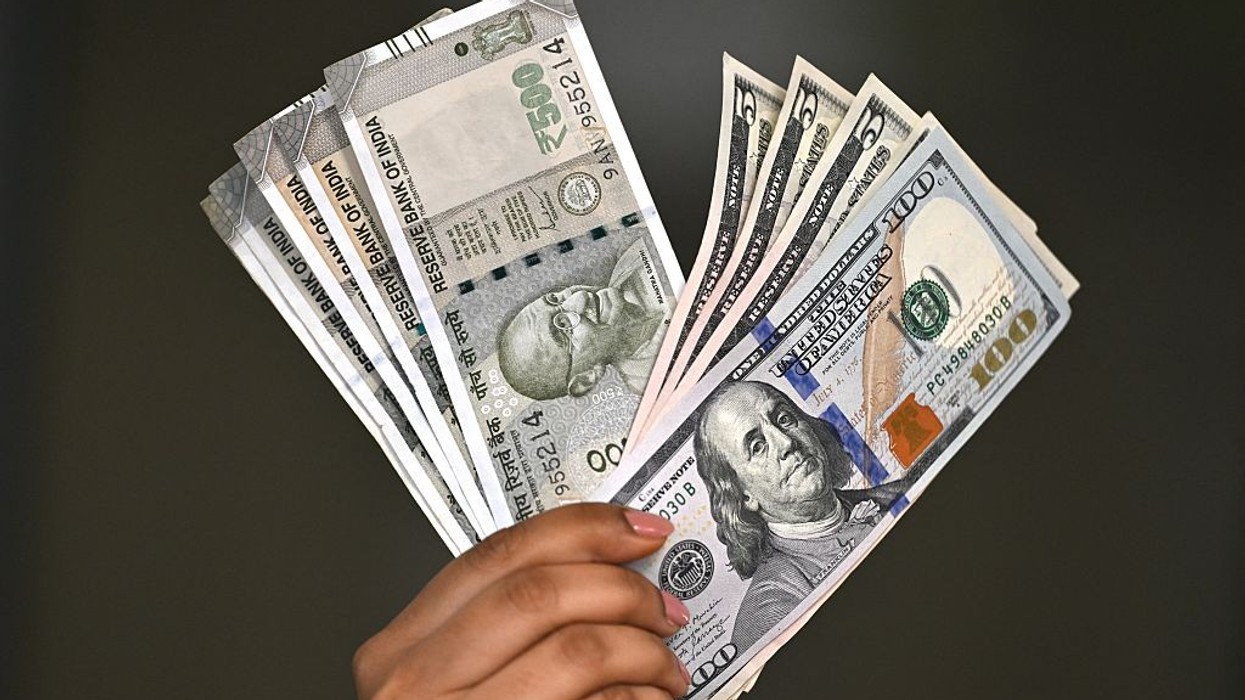Highlights:
- Trump says US lacks certain technical talents and must attract skilled workers globally.
- Administration launches 175 investigations into H-1B visa misuse.
- Labour Secretary vows to ensure American workers are prioritized.
- New Proclamation requires $100,000 payment for certain H-1B applications.
- Trump cites battery manufacturing case to defend need for foreign expertise.
President Donald Trump has reiterated the importance of the H-1B visa programme, asserting that America needs to attract global talent for specialized industries, even as his administration intensifies scrutiny into potential abuses of the system. Speaking to Fox News host Laura Ingraham, Trump emphasized that while some argue America has enough skilled workers, certain technical and industrial fields still require expertise that cannot be easily sourced domestically.
“I agree, but you also do have to bring in talent,” Trump said during the interview. When Ingraham countered that the country already had “plenty of talent,” he replied, “No, you don’t. You don’t have certain talents. And people have to learn.” He elaborated that it is unrealistic to expect people from unemployment lines to instantly adapt to complex manufacturing or defence production jobs. “You can't take people off an unemployment line and say, ‘I'm going to put you into a factory; we’re going to make missiles.’ It doesn’t work that way,” he remarked.
Trump cited recent examples from Georgia, where authorities reportedly targeted a group of South Korean workers involved in battery manufacturing. He pointed out that such industries require years of experience and technical precision, warning that displacing trained foreign experts could hurt American industrial projects. “Making batteries is very complicated and dangerous. They had 500–600 people teaching others how to do it, and you can’t just remove them,” he explained.
The President’s comments come at a time when his administration has launched a sweeping probe into H-1B visa misuse. Last week, the US Department of Labour announced 175 investigations into suspected irregularities, including underpayment of foreign employees, false work site listings, and “benching”—the practice of keeping workers on unpaid standby.
“As part of our mission to protect American jobs, we’ve launched 175 investigations into H-1B abuse,” the Labour Department said in a post on X. Labour Secretary Lori Chavez-DeRemer added that the department “is using every resource to stop H-1B abuse and ensure that high-skilled job opportunities go to American workers first.”
In September 2025, Trump signed a Proclamation titled “Restriction on Entry of Certain Nonimmigrant Workers”, introducing new financial and procedural requirements for H-1B visa applicants. Under the order, companies filing new H-1B petitions after September 21 must pay an additional USD 100,000 as part of the application process.
Despite this tough stance, Trump maintained that reforming the visa system does not mean halting the inflow of talent. He underlined that global collaboration remains essential for innovation and industrial growth, particularly in fields where American expertise is limited.
Indian professionals continue to represent one of the largest groups of H-1B holders, with thousands employed in U.S. technology, healthcare, and research sectors. The ongoing investigations, coupled with the President’s latest remarks, signal that while Washington intends to curb visa misuse, it still recognizes the vital role of foreign talent in sustaining American competitiveness.
